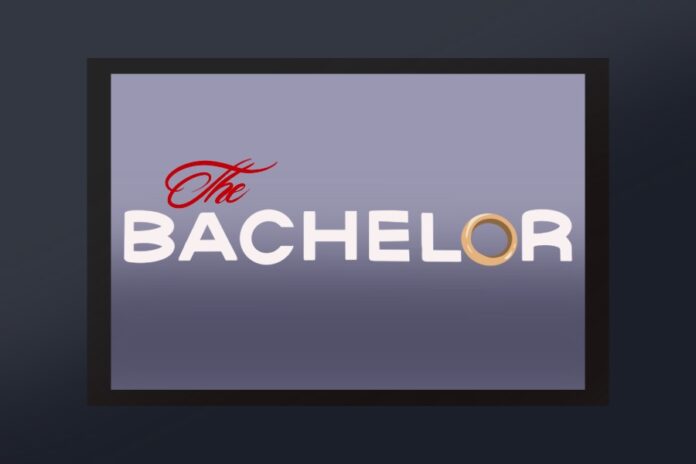The phenomenon of the reality show and watch parties in college
Every Monday night, millions of people around the world, primarily in the U.S., gather around to watch 25 women compete for the chance to find love with a single man, the chosen bachelor.
Last year alone, 7.8 million people tuned in to watch Arie Luyendyk Jr., the 22nd bachelor, choose between two women, Lauren Burnham and Becca Kufrin, in what was said to be one of the shows most dramatic endings. Each year this show continues to grab at viewers’ emotions, as they are taken on a rollercoaster journey into the personal lives of all 26 people. However, the show does face a lot of backlash with people saying that it “undermines women” and is overtly sexist (McKinley, 2014). So why has it remained so popular and continued to pull in an audience?
Li Dayton, an anthropology Ph.D. student with a designated emphasis in feminist theory and practice, said that this is not due to the nature of the show itself but due to the society in which we live in today.
“When I started to watch the show 15 years ago, I would watch the show by myself, there were not many places where you could express your viewing opinions,” Dayton said, “But I think now it has changed within these 10 years, digital media has changed quite a bit about how people relate to each other, so I think for the younger generations using social media to talk about one particular show or social issue is [a] normal part of their life.”
Dayton believes that it isn’t the show that draws people together to watch but the aspect of talking about the aspects of the show that might involve controversy.
“[It’s about] talking about the show, talking about the social issues including gender, politics offline and online that bring them together,” Dayton said. “We become more and more individualistic in this competitive society and the ironic result is that we are eager for collectivism. Popular culture provides this kind of channel to build a new type of social relationship.”
Dayton reaffirmed that the content of the show is not what draws in viewership, but the irony, humor and high tensions, “It’s not the content it’s the emotions,” .
“Those kinds of shows are made to get views, not to send a message, they don’t have real content,” said first-year managerial economics major Paola Marino. “It is fun to get together and comment, it wouldn’t be the same if you watched by yourself.”
Season 23 of The Bachelor is currently airing and drawing in watch parties from students across campus. Whether or not the show is respected for its content or just its ability to strike up conversation about the bizarre emotions exhibited the night before, students are consuming it.
“A lot of my friends watch the bachelor and it was super fun to talk about who we liked or who we hated and the drama that went on each episode,” said first-year economics major Bryn Damon.
Written by: Isabella Beristain — features@theaggie.org





